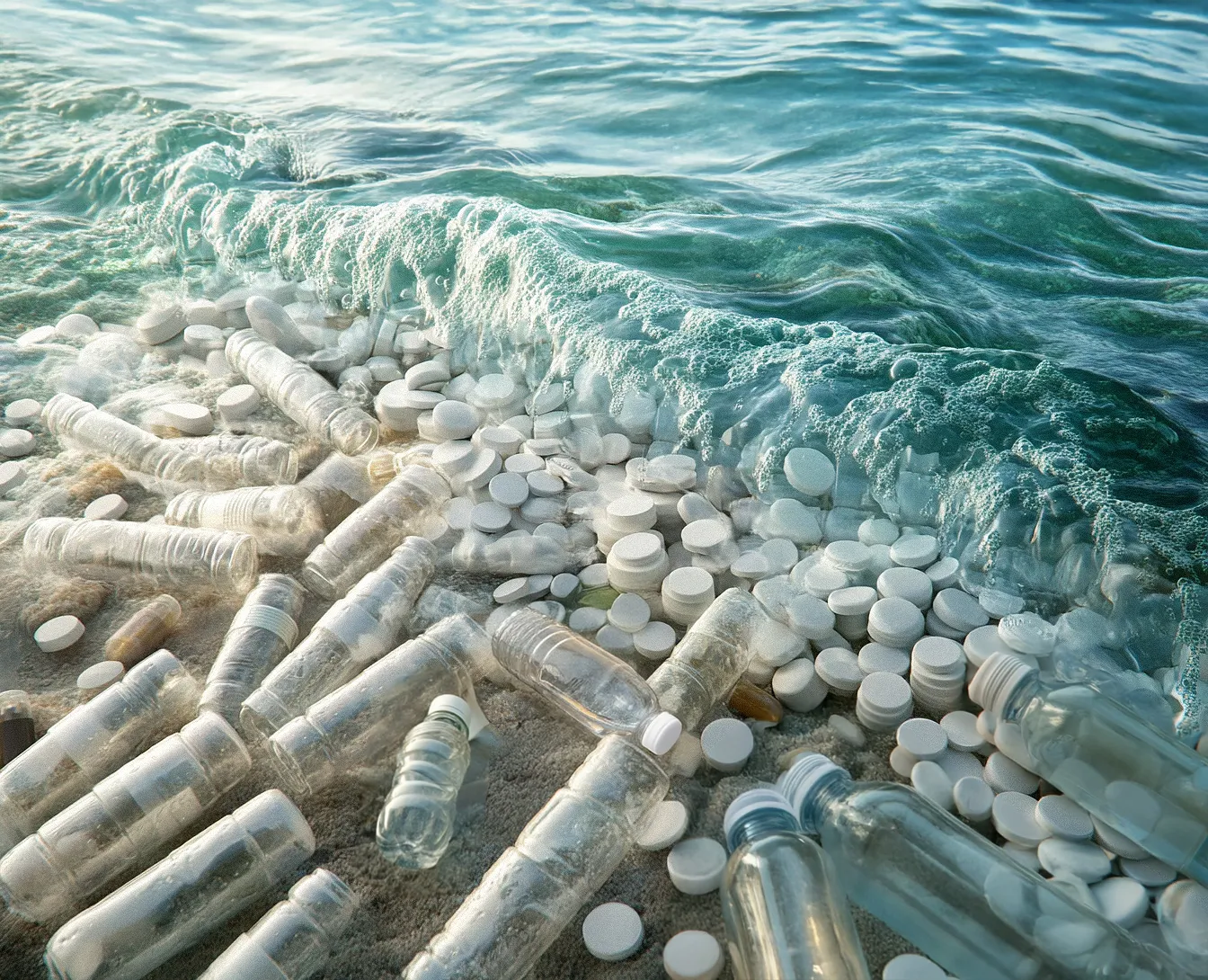What if your headache could disappear thanks to an old soda bottle? Researchers in Edinburgh, Scotland, have engineered bacteria that can convert PET plastic into paracetamol. What once floated in the ocean might soon find its way into your medicine cabinet.
Paracetamol is one of the most widely used painkillers in the world. Until now, it has been produced from chemical compounds derived from petroleum, a fossil resource we are trying to move away from. But a team at the University of Edinburgh has shown there is another way. By using genetically modified bacteria, they managed to turn PET plastic breakdown products, commonly found in soft drink bottles and food packaging, into paracetamol within just 24 hours.
From environmental problem to pharmaceutical gold
Using waste as a raw material is nothing new. But waste that heals? That pushes the boundaries. These bacteria have been reprogrammed into microscopic laboratories: pollution becomes medicine. Plastic becomes pharmacy. It challenges our entire view of plastic.
What if, in the future, we could extract medicines from garbage? Will waste become the new pharmacy? And if this model proves scalable, we could reduce not only our reliance on fossil resources, but also our growing piles of plastic waste. Could this be the beginning of the end for the plastic soup in our seas?
Plastic shifts from environmental villain to pharmaceutical gold. The PET bottle you toss today might ease your headache tomorrow.


Comments (0)
Share your thoughts and join the technology debate!
No comments yet
Be the first to share your thoughts!